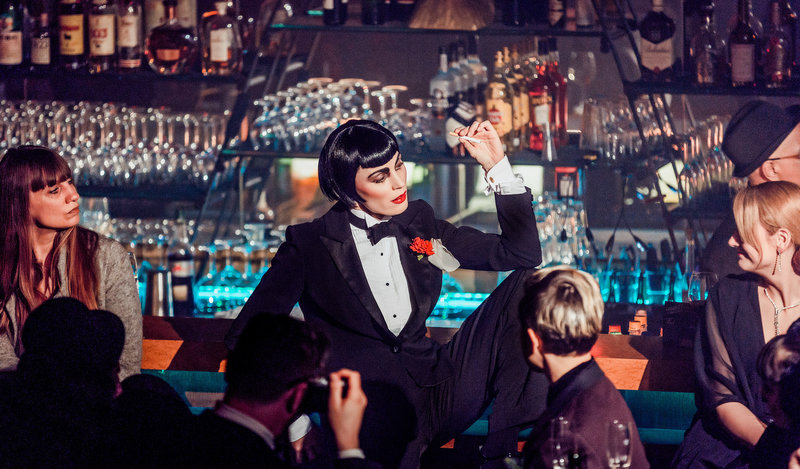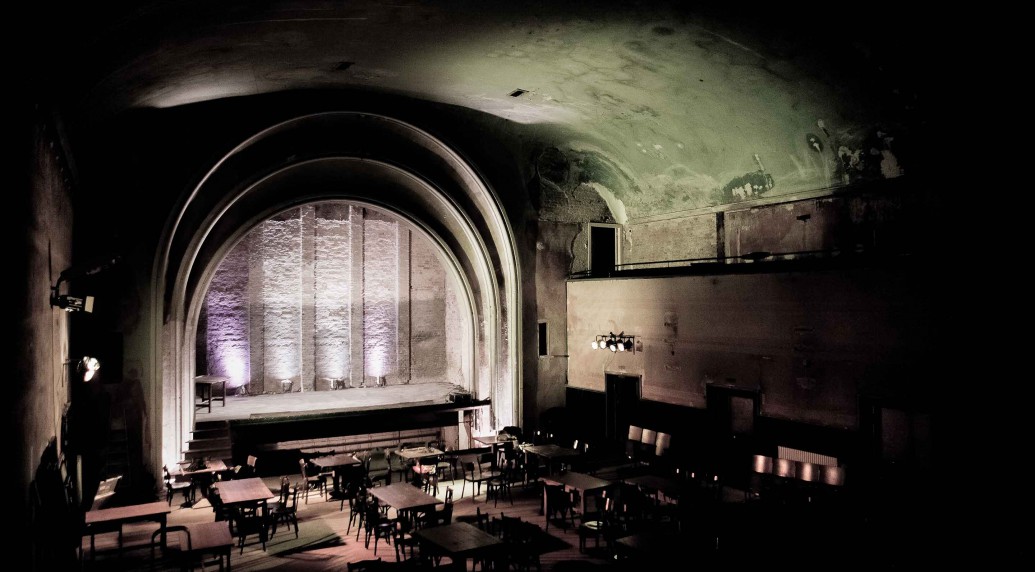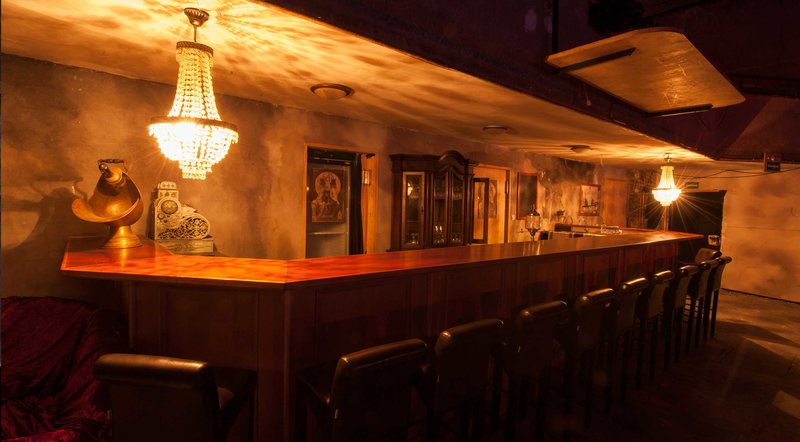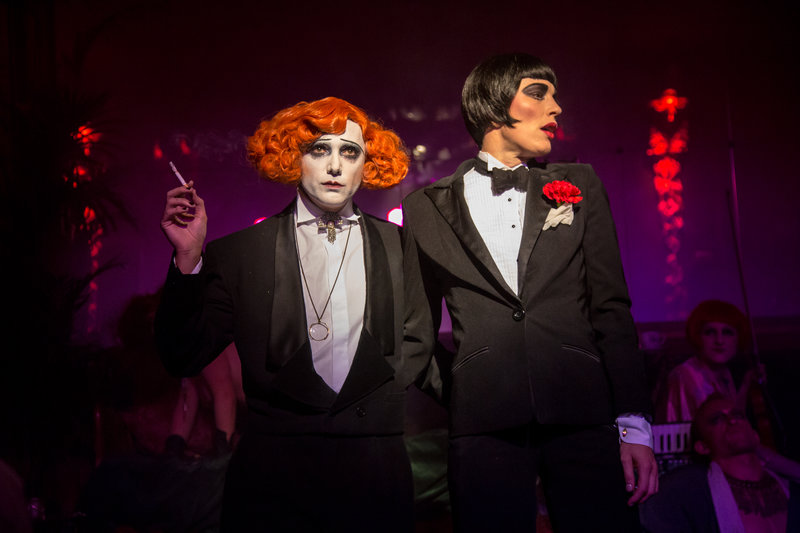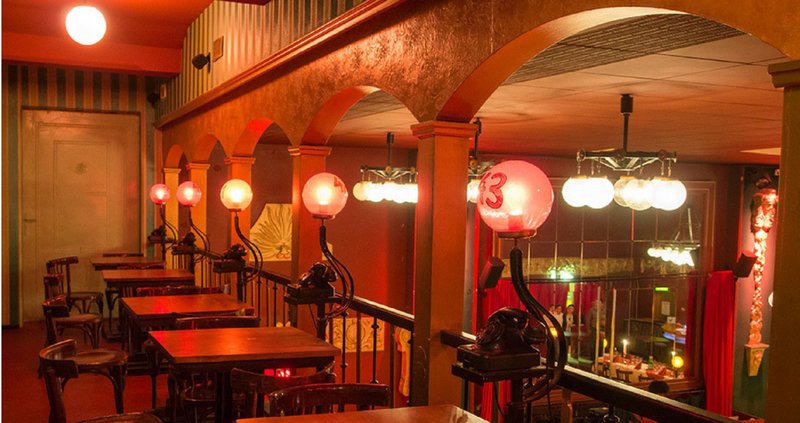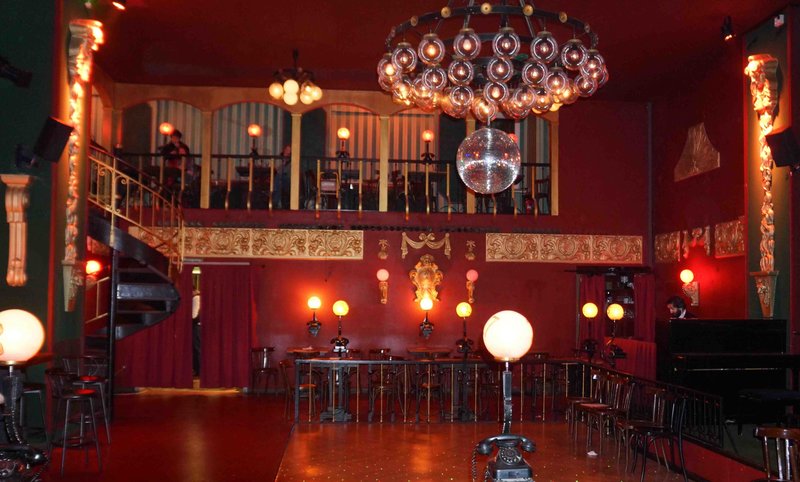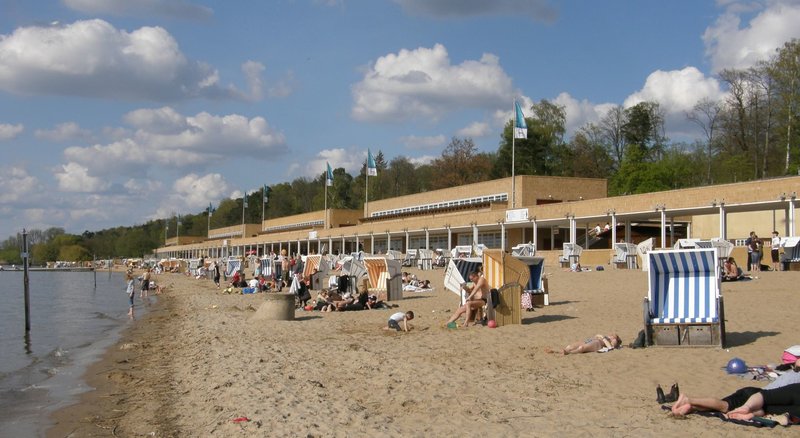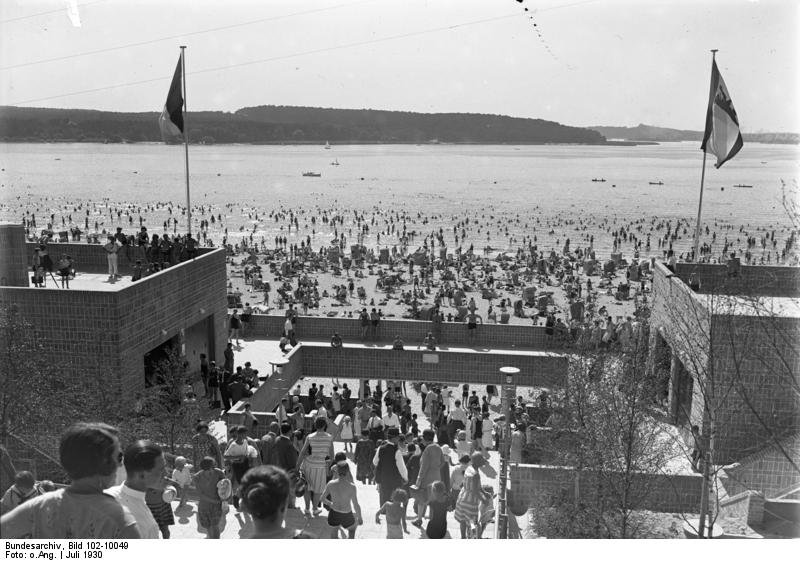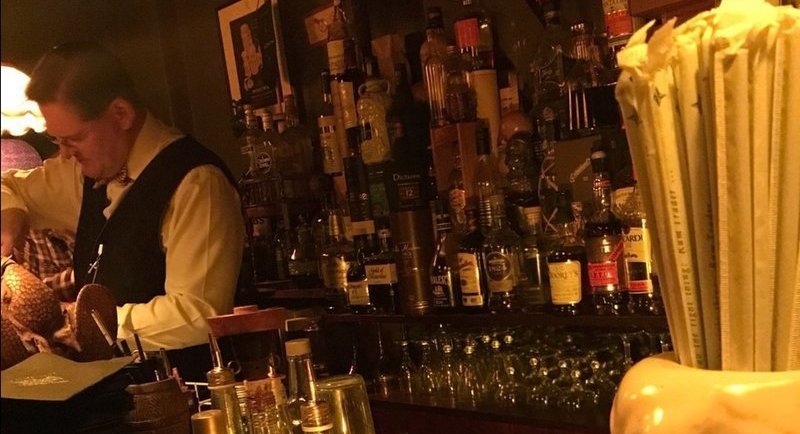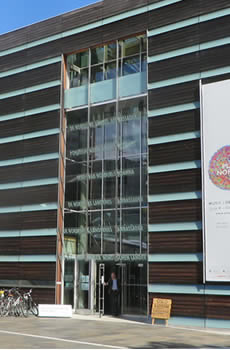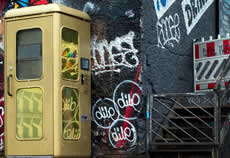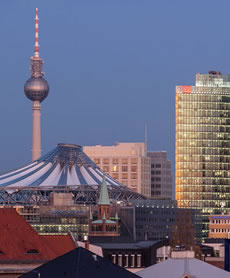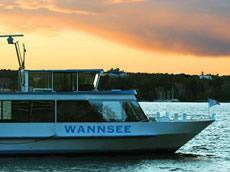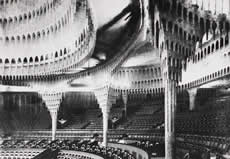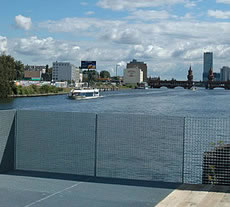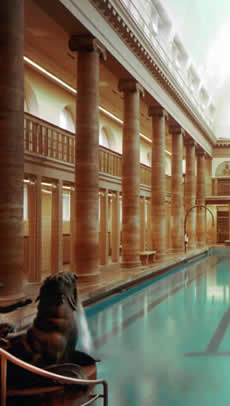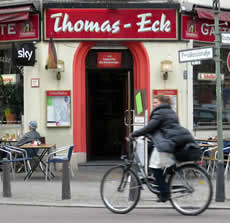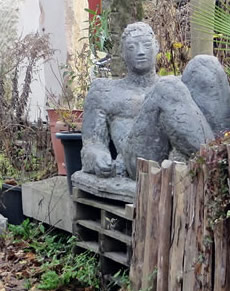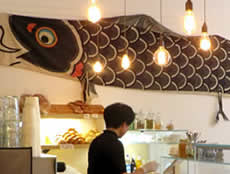Berlin
Weimar Berlin: relive a lost era
The heady, anything-goes years of Weimar Berlin are the stuff of legend.
From bohemian nightlife and risque cabarets to an incredible flourishing of the arts, in the brief period from 1918 to 1933, Berlin shone more brightly than any other city.
And if you're yearning for a glimpse of that divinely decadent era, we're here to help...
The Delphi cinema at Weissensee
An extraordinary relic of '20s Berlin, this former silent movie cinema made its debut during the golden age of Weimar film.
Long abandoned until a recent, loving refurbishment, avid viewers of cult TV series Babylon Berlin will recognise it as the setting for the Moka Efti club.
Today, a series of performances, screenings and musical events allow visitors to soak up the ex-cinema's unique, time-worn interiors. High point of the calendar is the New Year's Eve ball, when the venue is transformed into a decadent playground worthy of Weimar Berlin's exuberant nightlife.
Theater im Delphi: Gustav-Adolf-Strasse 2, 13086 Berlin
Le Pustra's Kabarett der Namenlosen
A sexy, sumptuous re-imagining of Berlin's decadent Weimar-era cabarets, this beautifully staged spectacle is a must. An immersive mise-en-scène with a cast of lavishly costumed performers, intriguingly, the show takes its name from a real-life '20s spectacle in which the worst possible talent was presented to a jeering audience.
Luckily, quality is assured in today's line-up - so "leave your inhibitions at the door and enter a forbidden world of scandal, intrigue and self indulgence". (Warning: tickets sell out fast!).
Le Pustra's Kabarett der Namenlosen: check website for dates.
Ballhaus Berlin
It's no coincidence that the vintage glamour of Ballhaus Berlin provides a favoured venue for Le Pustra's cabaret (above).
Built in 1905, the ballroom boasts gilded balustrades, plenty of red velvet and, best of all, tabletop telephones from the '30s, allowing the daring to flirt shamelessly with other guests.
Once all the rage in Berlin's Weimar-era clubs and dancehalls, these unique survivors of a bygone age are soooo much more fun than Tindr.
Ballhaus Berlin: Chausseestraße 102, 10115 Berlin
Opening times: see website
Wannsee beach
A trip to the lakeside beach at Wannsee - a summer ritual for generations of Berliners - reached the height of popularity in the '20s and '30s, when a new rail route whisked city dwellers to its shores and impressive modernist buildings were constructed to provide changing rooms, cafes and a sun terrace.
Unsurprisingly, Wannsee takes centre stage in many Weimar-era moments: Christopher Isherwood described a visit, and the beach and surrounding forest feature prominently in the 1930 silent movie classic Menschen am Sonntag (People on Sunday).
Today, Wannsee's almost mile-long expanse of sand (transported from the Baltic), remains a magnet for swimmers and sunlovers. Follow in the footsteps of the Weimar Republic's daytrippers for a classic taste of old Berlin.
Strandbad Wannsee: Wannseebadweg 25 14129 Berlin - Nikolassee
Opening times: Summer season 1st June-18 August, daily from 9am-8pm. 19th August-1st September closes at 7pm. Entrance fee: 5.50 Euros
Getting there: don't take the train to Wannsee station itself. Get off instead at Nikolassee, and follow the signs to the beach complex entrance.
Rum Trader
A tiny, tucked away bar that holds no more than 15 people, you'll have to buzz for entry (of course).
The doorway looks like a throwback to the '70s, but inside, the mellow lighting, stuccoed cornices and blue fug of smoke suggest a different era entirely - an impression made even more vivid by dapper owner Herr Scholl, impeccably attired in monocle, jacket and bow tie.
Offering a true taste of the clandestine '20s speakeasy, the difference is that here, cocktails are world-class. Relive a lost era over an ultimate Daiquiri Hemingway.
Rum Trader: Fasanenstraße 40, 10719 Berlin
Opening times: Mo-Fri, 8.15pm - 1am; Sat, 9.30pm-2am; Sun closed
Ready for more? Click for part 2 of our guide to Weimar Berlin and '20s nostalgia!
Scroll See also:
A burlesque bar
A mini-cruise from Wannsee
See the world without leaving Berlin
A beautiful Bauhaus estate
